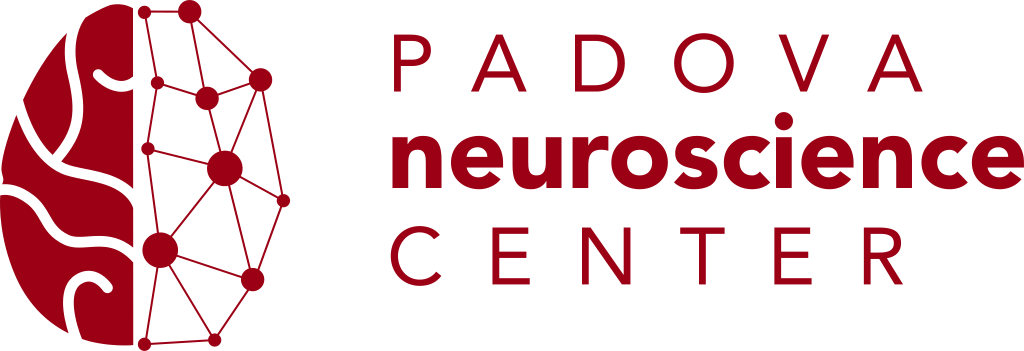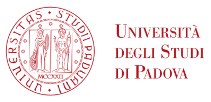Stefano Tortora is currently Assistant Professor at the Department of Information Engineering of the University of Padova.
He obtained a M.Sc. in Biomedical Engineering from Politecnico di Milano, Italy, in 2017, and he received a PhD in Information Engineering from the University of Padova, Italy, in 2021. He then pursued two years of postdoctoral research at the Intelligent Autonomous System laboratory, the University of Padova, Italy. He is currently Assistant Professor at the Department of Information Engineering of the University of Padova, since 2023. He spent 10 months as “visiting student” at the Eidgenössische Technische Hochschule (ETH) in Zurich, and 7 months as “visiting researcher” at the Campus Biotech (École Polytechnique Fédérale de Lausanne, EPFL) in Gèneve, in 2016 and 2019 respectively. The research activity of Stefano Tortora has been strongly characterized by a commitment to the emerging field of Neurorobotics. In particular, he has focused on its interdisciplinary engineering and neuroscientific aspects. His research has been passionately dedicated to improving the interaction between users and robotic devices by creating a new paradigm in human-machine interfacing (HMI) fusing multimodal information coming from wearable sensors and robot’s sensors. During the Ph.D. activity, Stefano Tortora worked on the development of hybrid human-machine interfaces (h-HMI) to decode movement intention from wearable sensors. In 2020, Stefano Tortora was among the first researchers in developing recurrent neural networks for gait decoding from electroencephalography data. He proposed and implemented novel probabilistic approaches combining brain and muscular activity to ensure a more reliable control of robotic devices. Currently, his work concerns the integration of these h-HMI with shared-autonomy algorithms for the development of intelligent assistive devices aimed at enhancing the mobility of people with motor impairments. On these topics, Stefano Tortora is currently involved as research fellow in the PNRR PE8 “Age-IT – Ageing Well in an Ageing Society” project (https://ageit.eu/wp/), responsible for the analysis of multimodal EEG-EMG data for the control of a lower limb exoskeleton and other assistive robotic devices via machine learning and deep learning. Additionally, his project on the development of an intelligent lower limb exoskeleton has been recently founded within the PNRR PE1 “FAIR – Future Artificial Intelligence Research” initiative (https://fondazione-fair.it/cascade-calls/).
Stefano Tortora is Associate Editor for the European Journal on Artificial Intelligence, Guest Associated Editor and Review Editor for the journal “Frontiers in Neurorobotics”, and Guest Associated Editor for the journal “MDPI Applied Sciences” in the section on “Robotics and Automation”. He is also Publication Chair for the IEEE European Conference on Mobile Robots 2025 (https://ecmr2025.dei.unipd.it/). Since 2021, he is in charge of the course “Sistemi di elaborazione 1” at the Department of Statistical Sciences, and of the course of “Python Programming for Data Science and Engineering” within the Doctoral School of Information Engineering (University of Padova) and the National Doctorate in Robotics and Intelligent Machines (DRIM).
Stefano Tortora is one of the Team Managers of the WHi Team and Whi Students Team (University of Padova), participating at the Cybathlon BCI race since 2019. With his teams, Stefano Tortora won 2 gold medals, 1 silver medal and 1 bronze medal in the various Cybathlon editions, and received the BCI Jury Award for the most promising technology at the last Cybathlon 2024 in Zurich.


